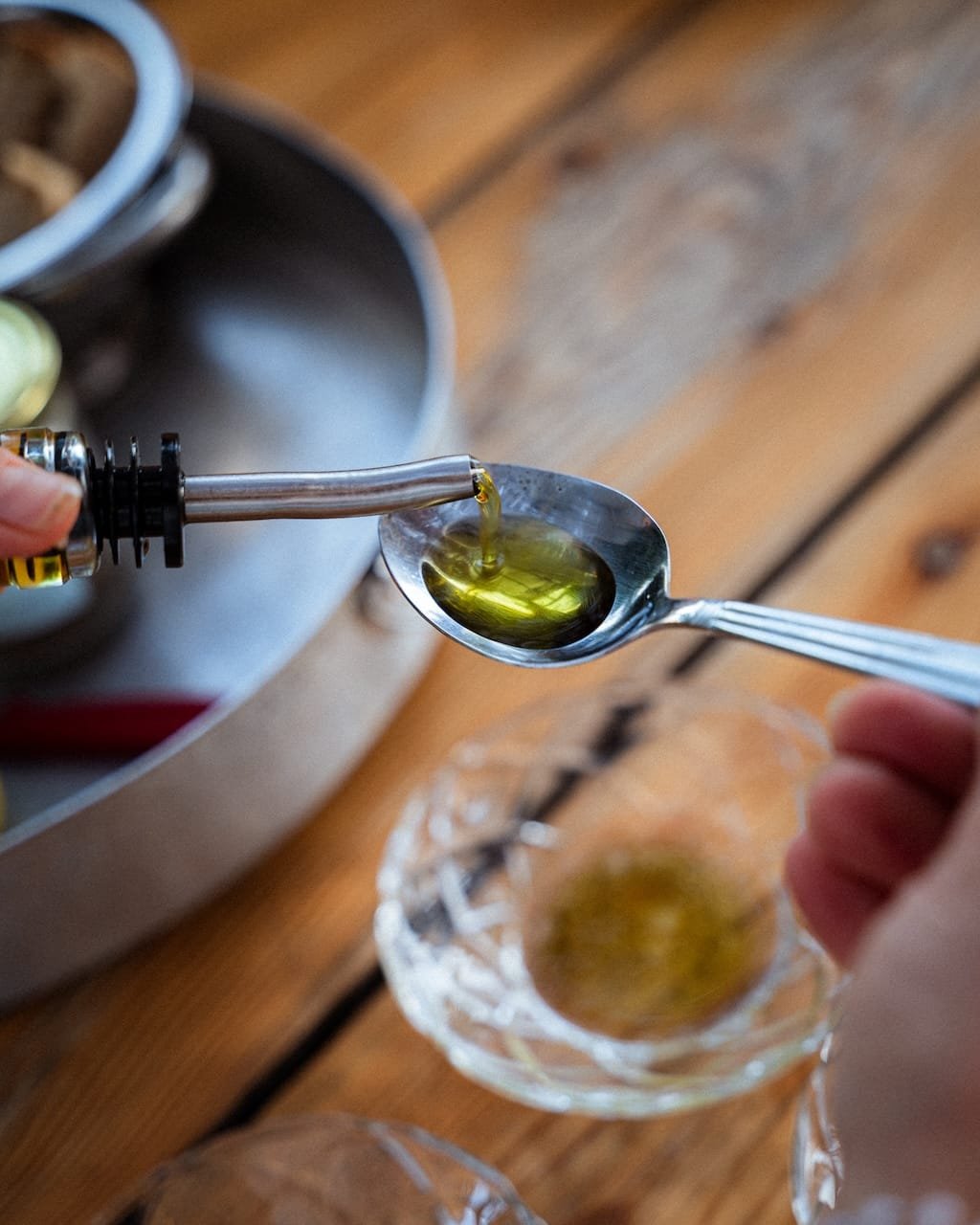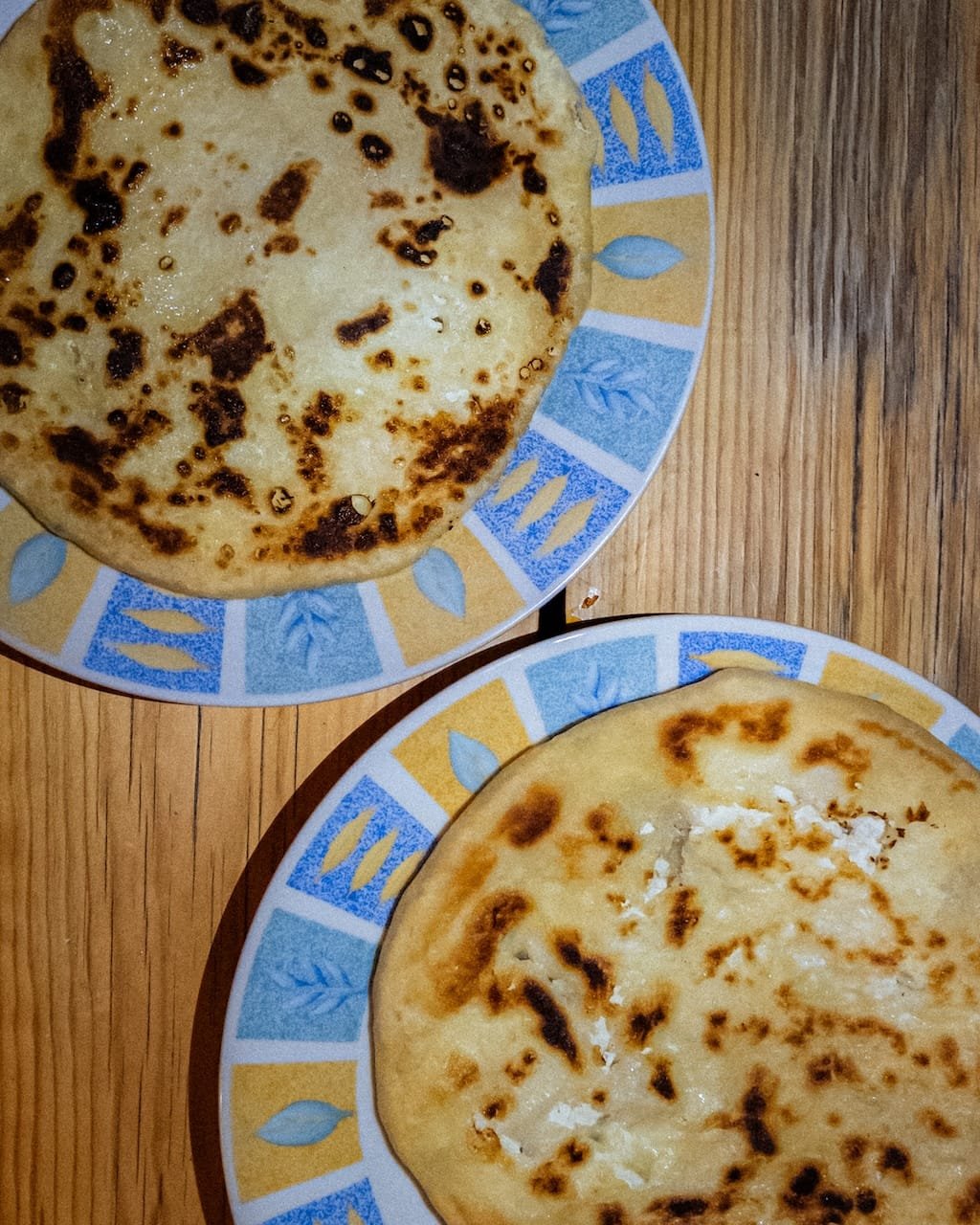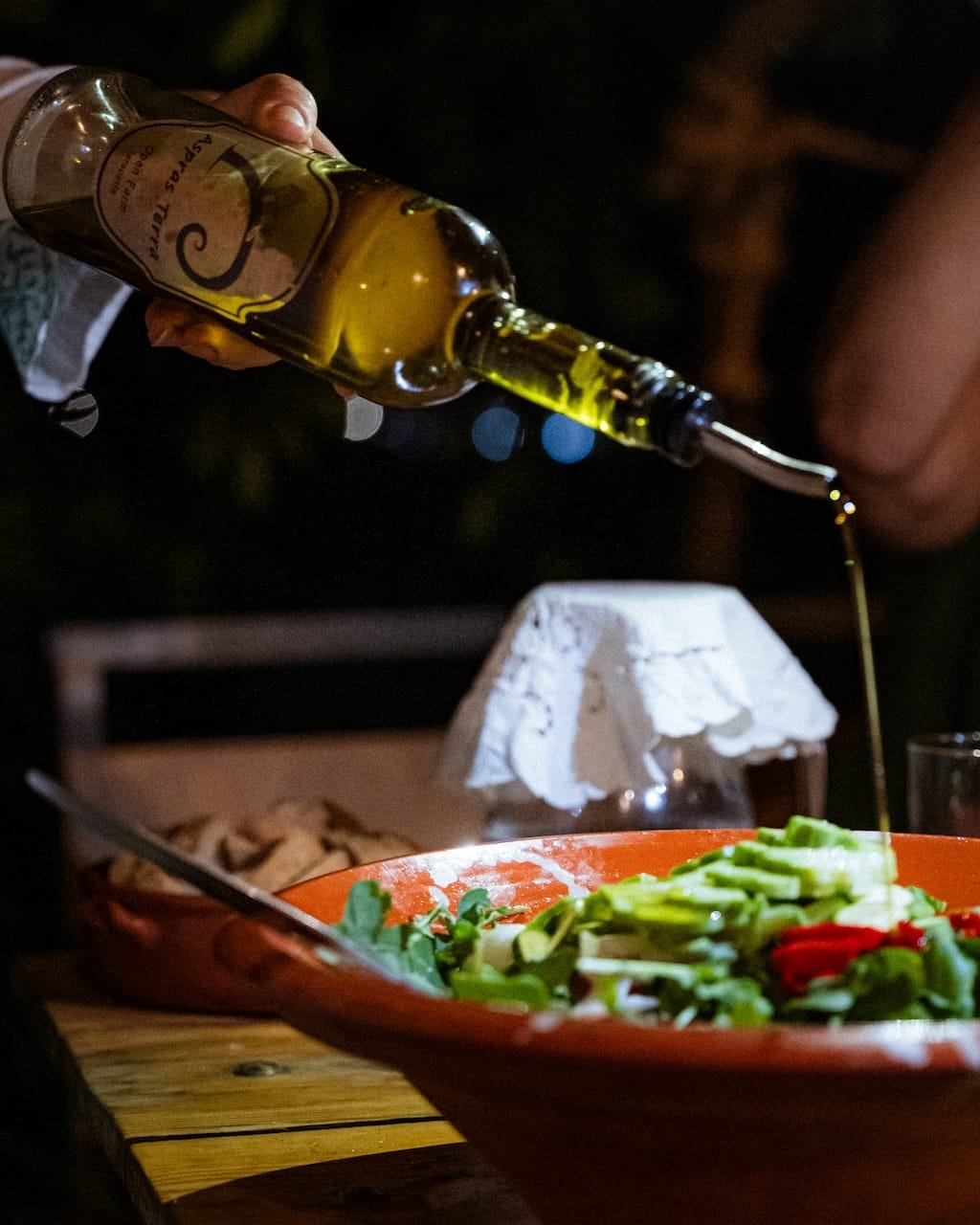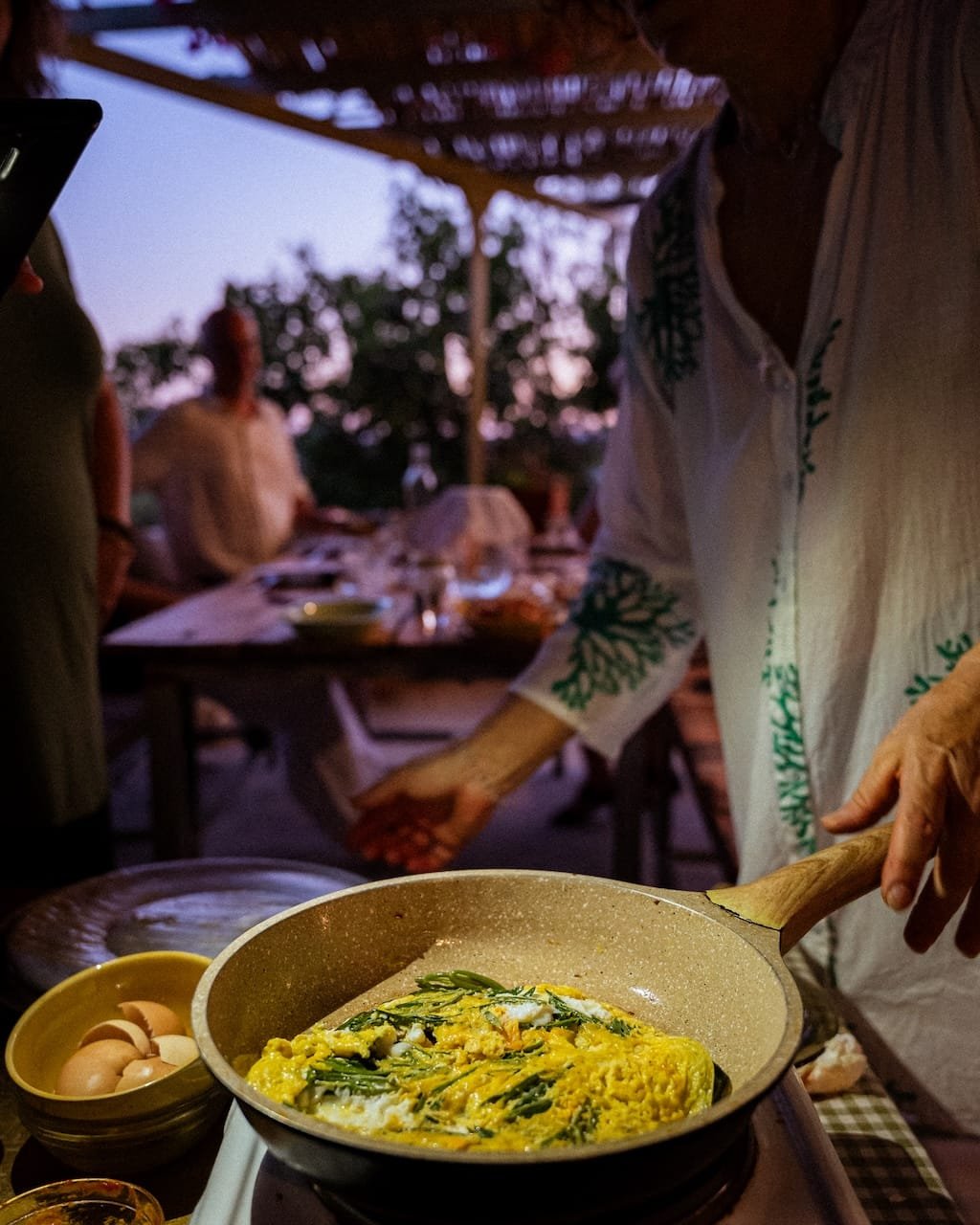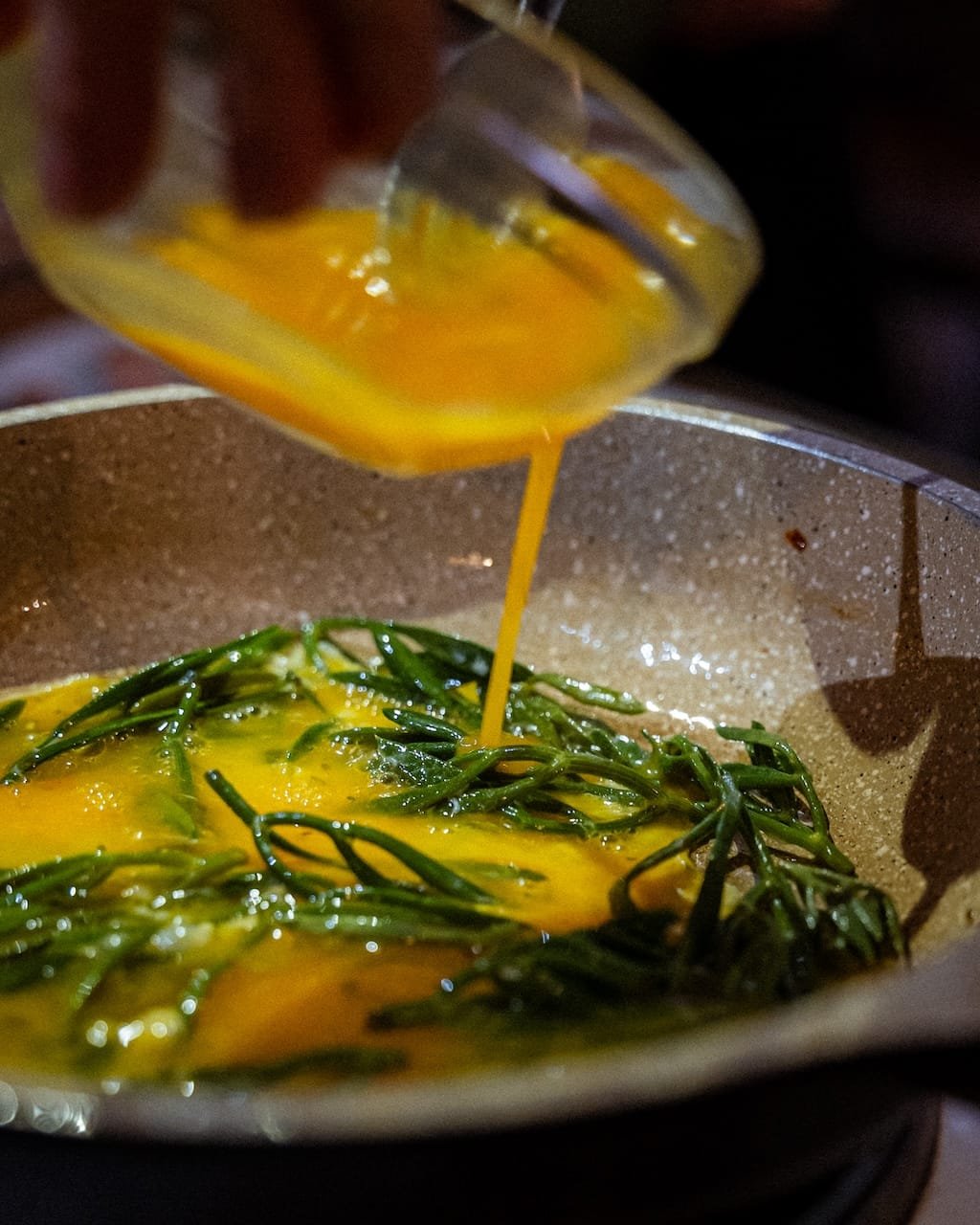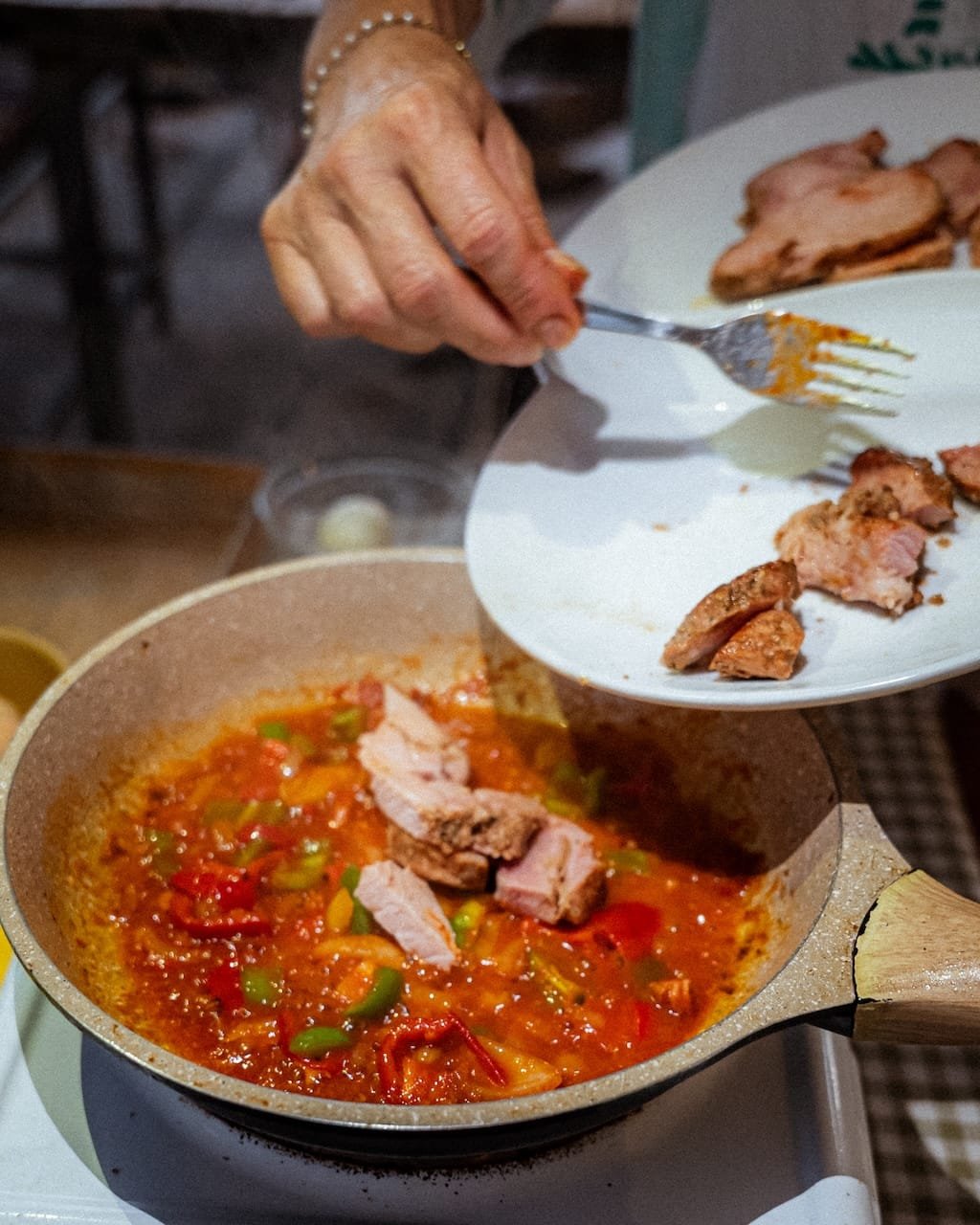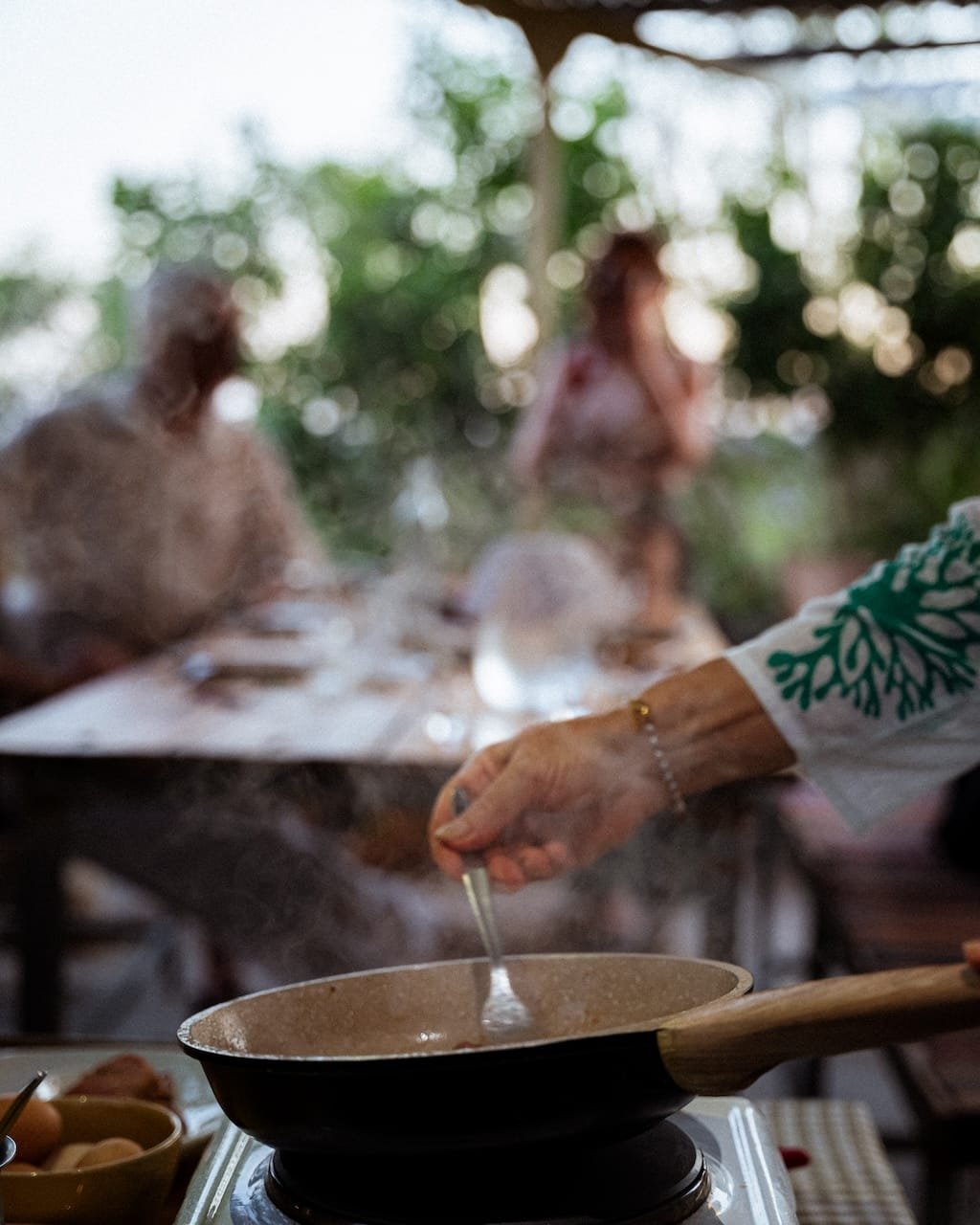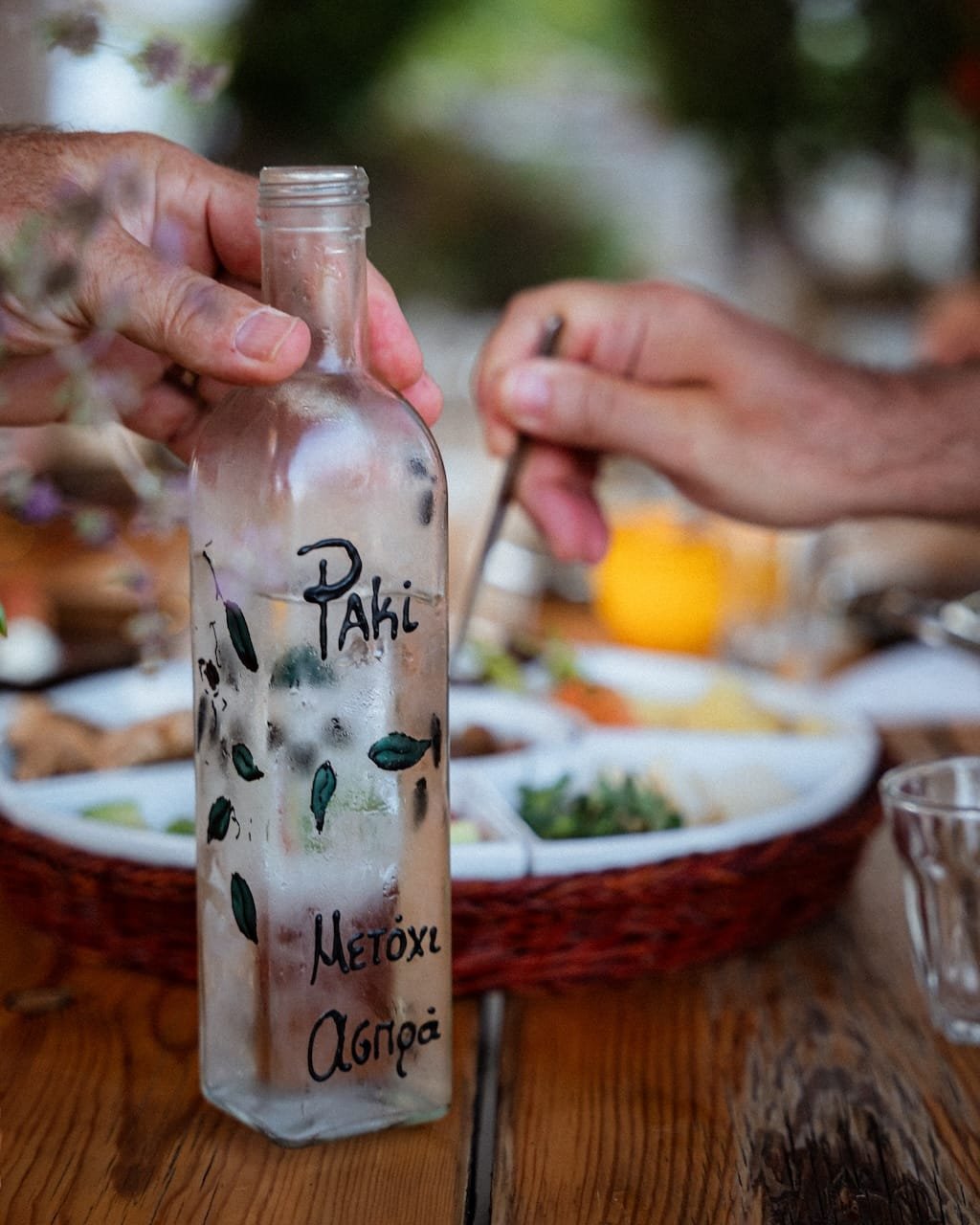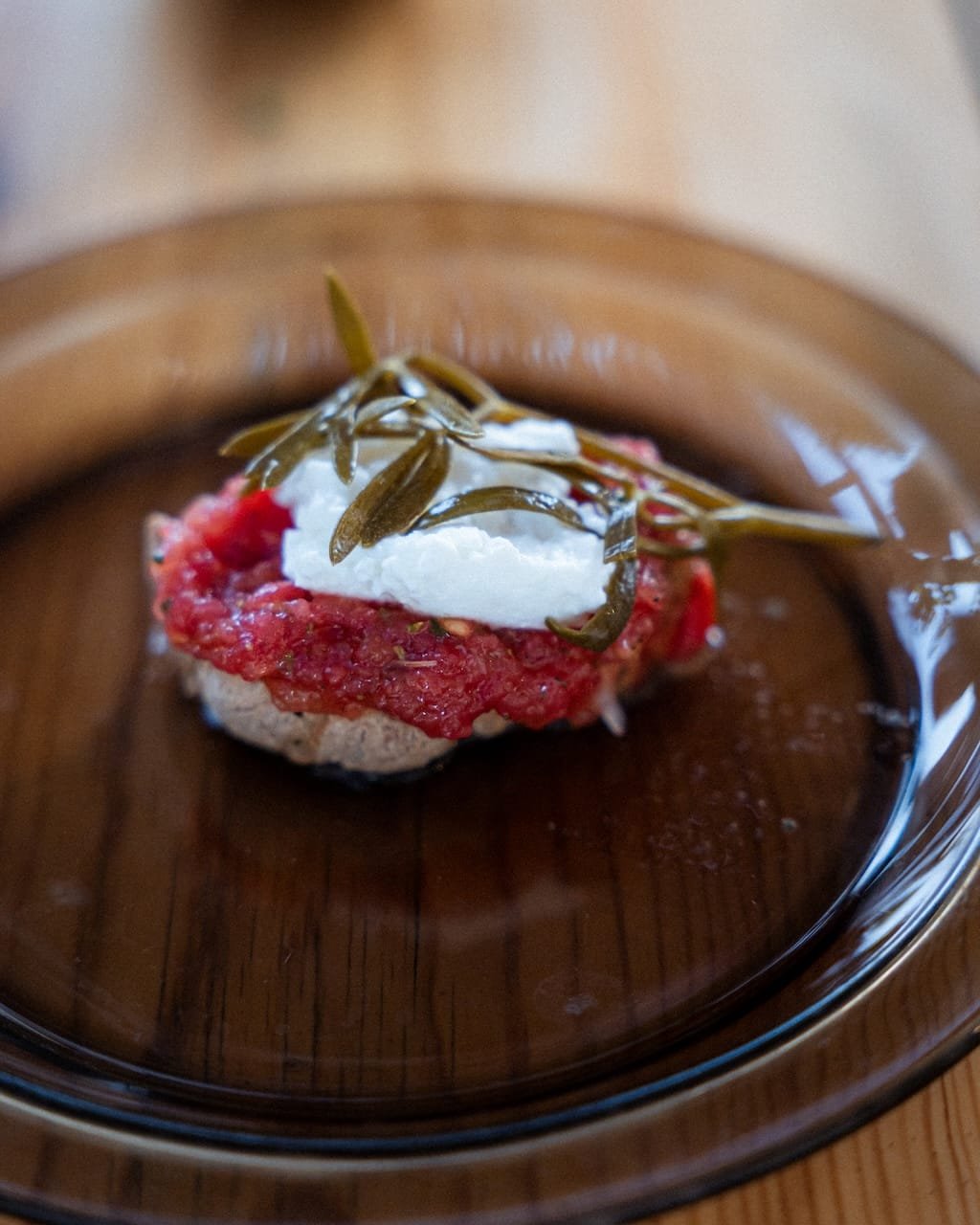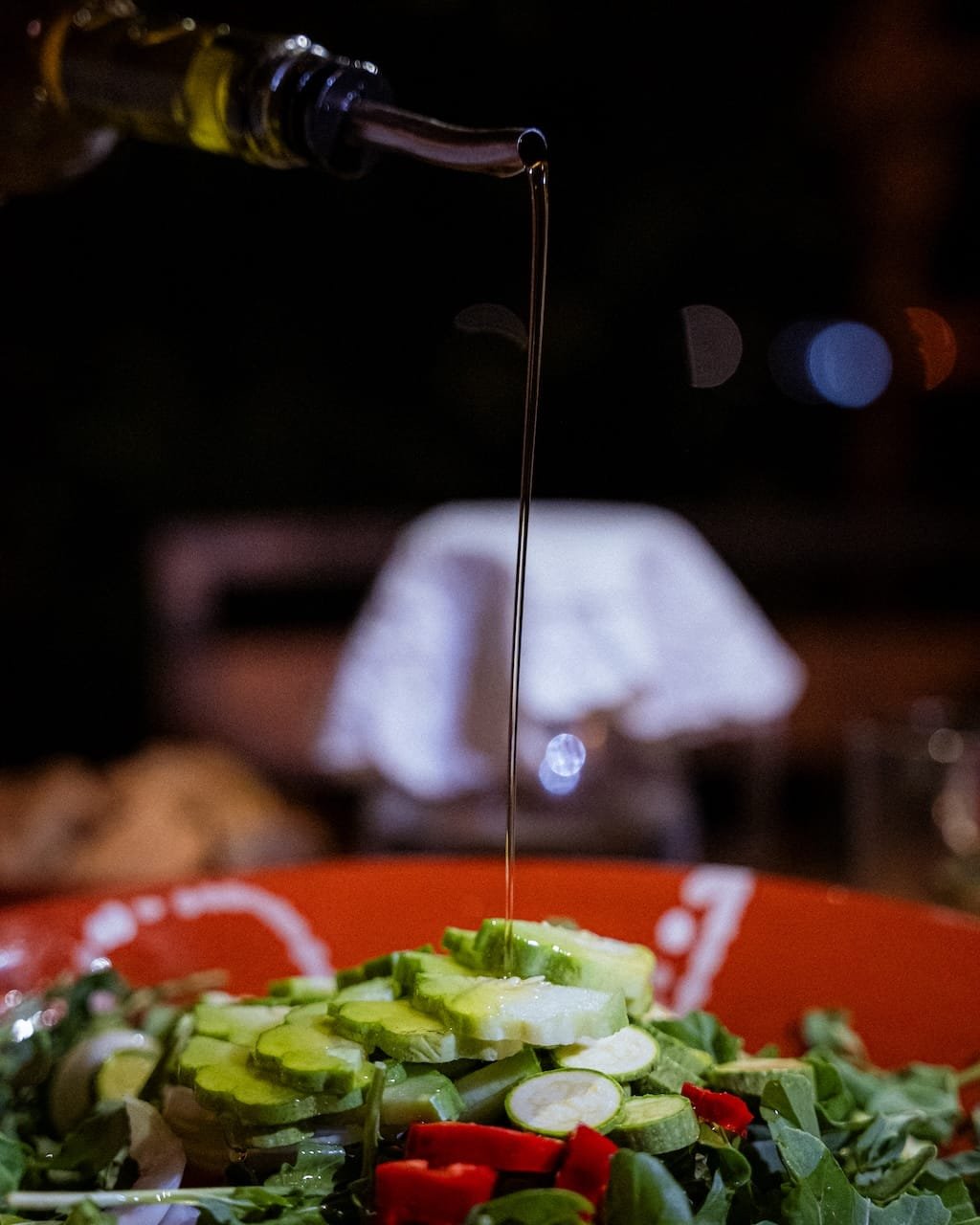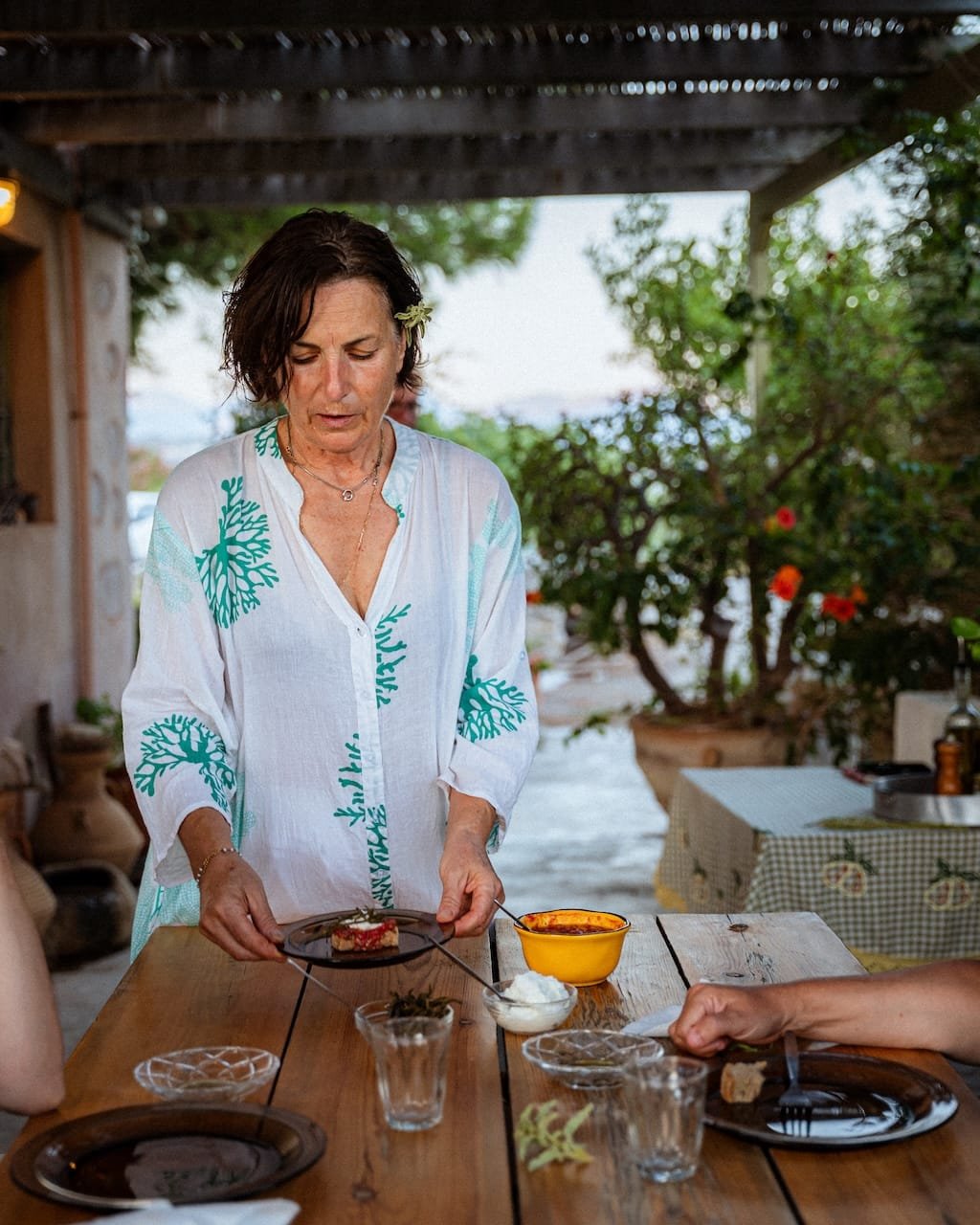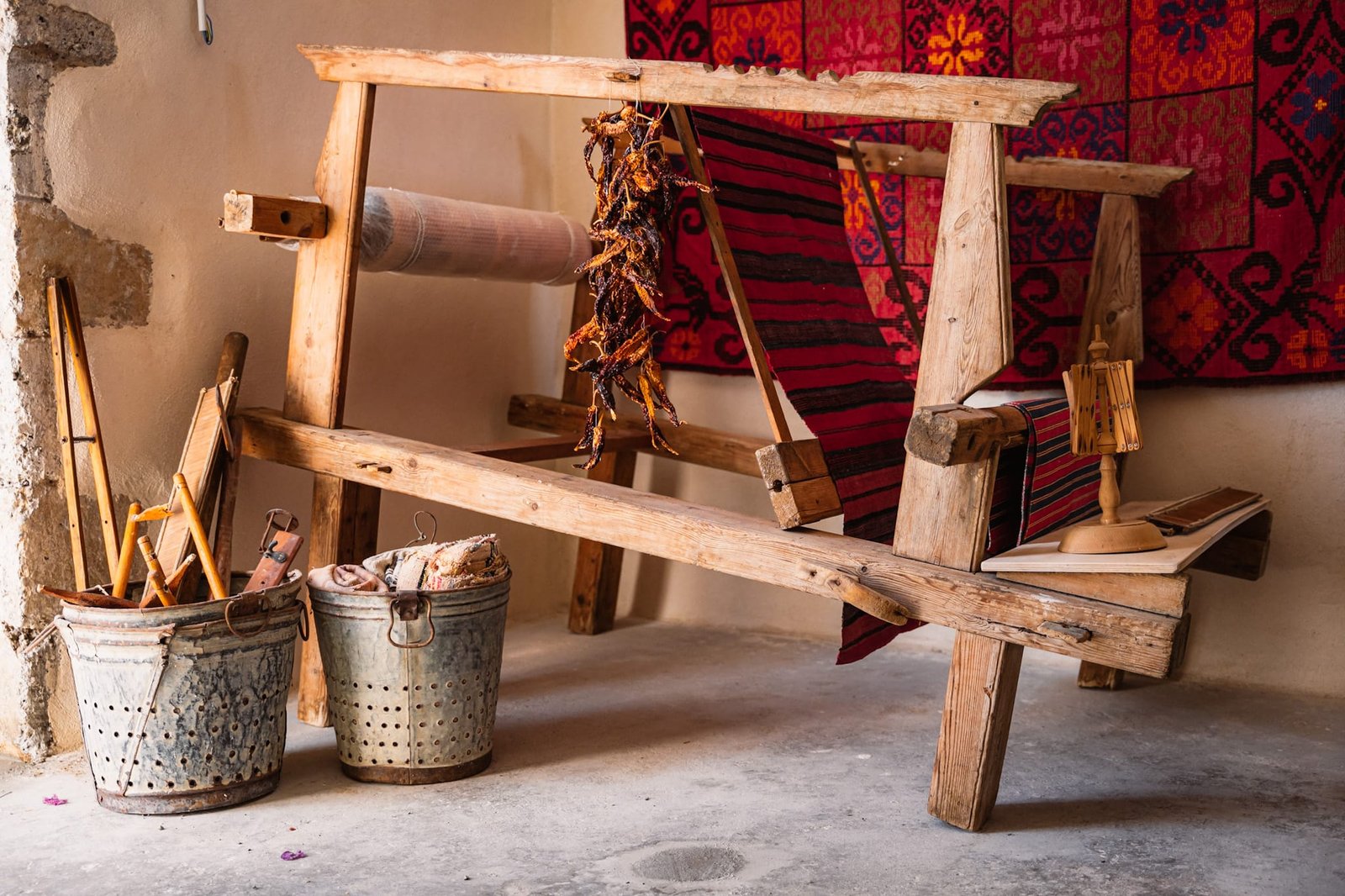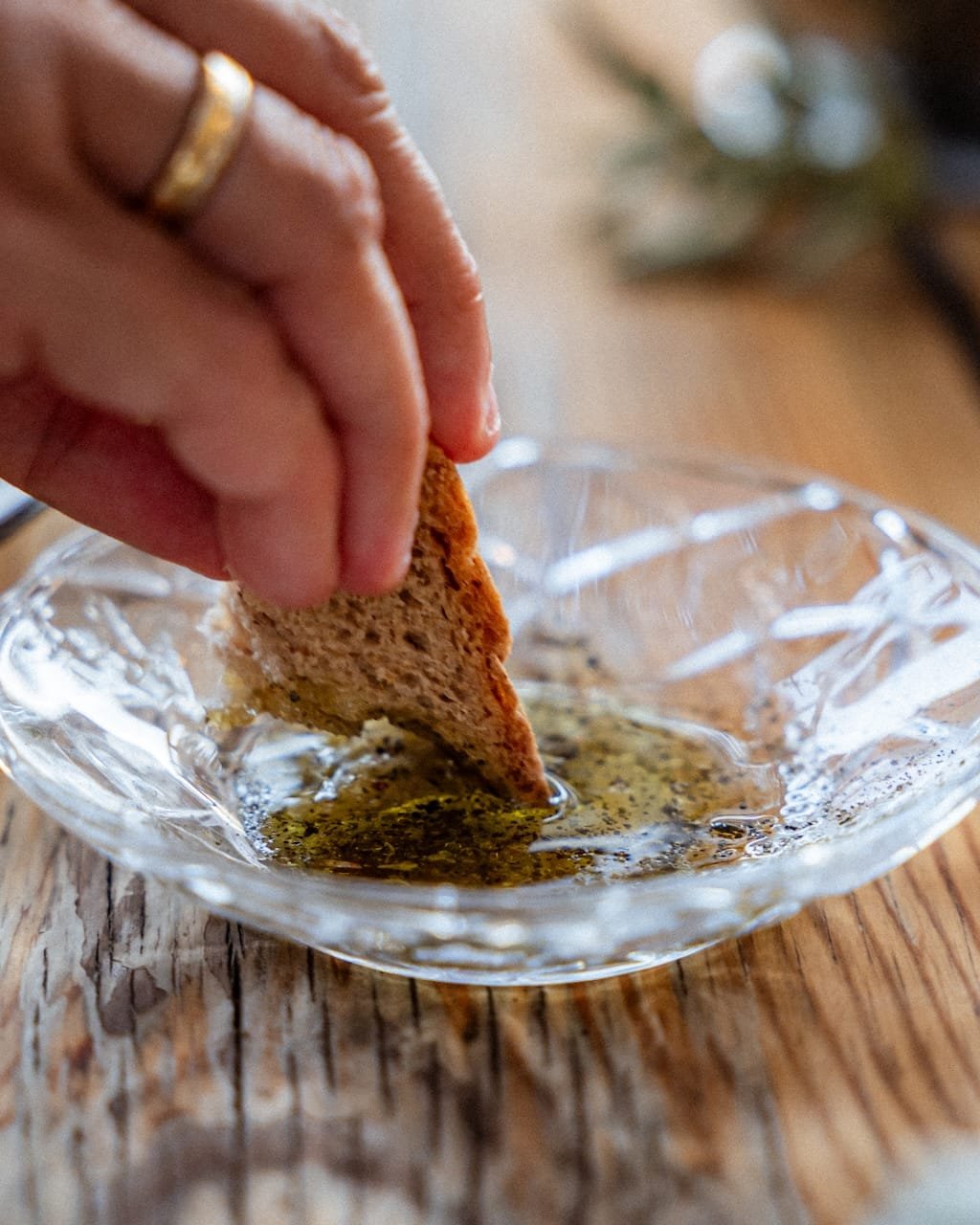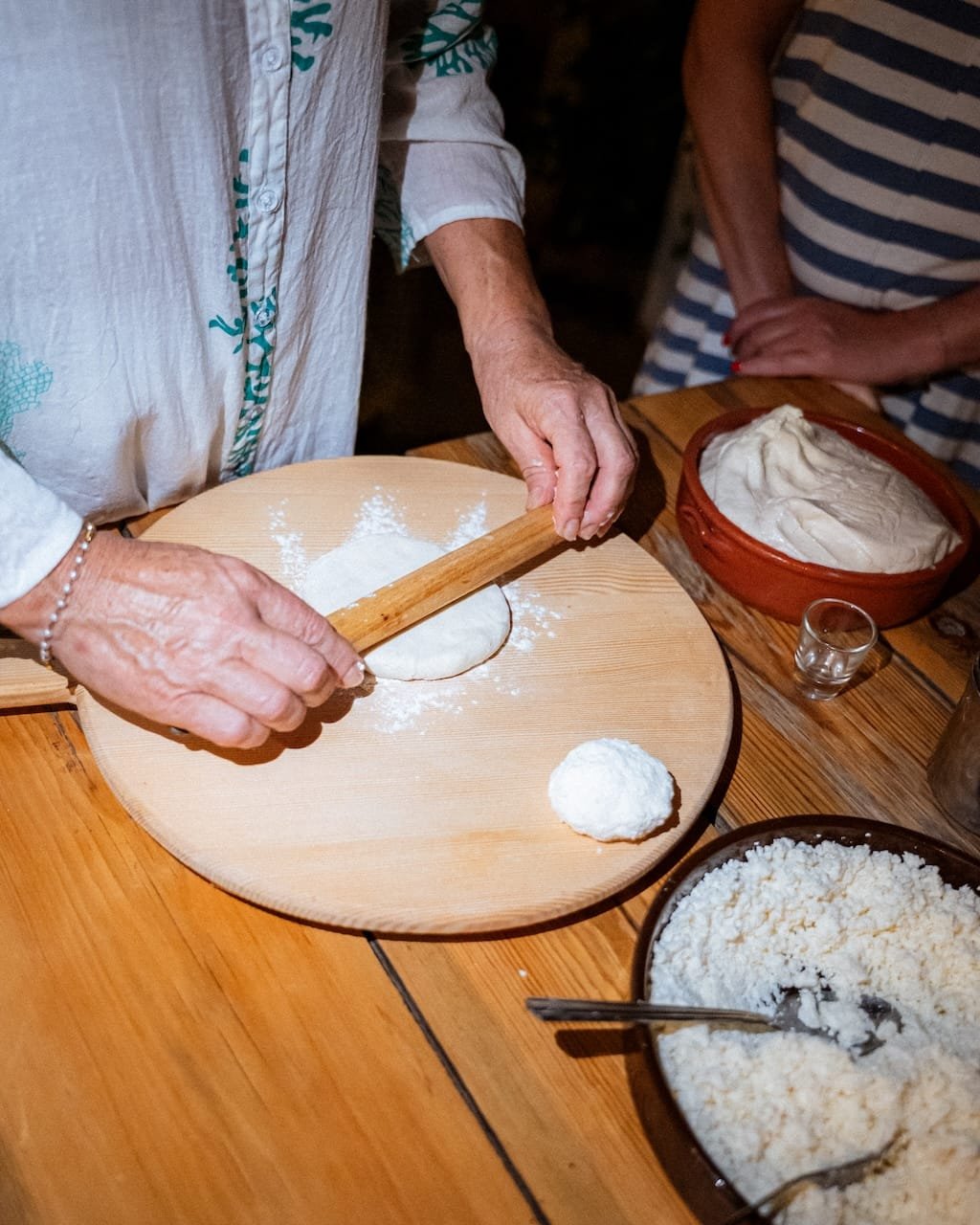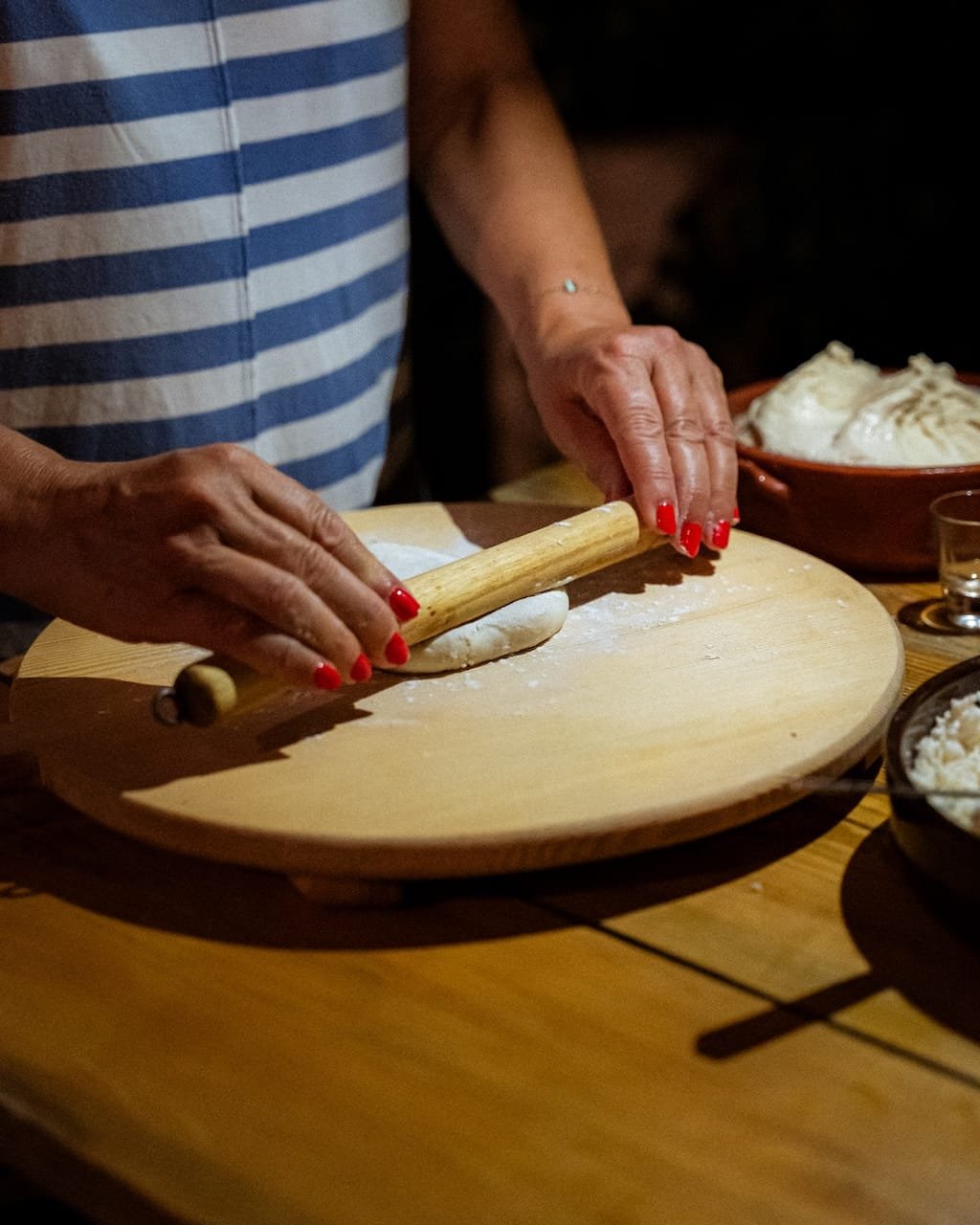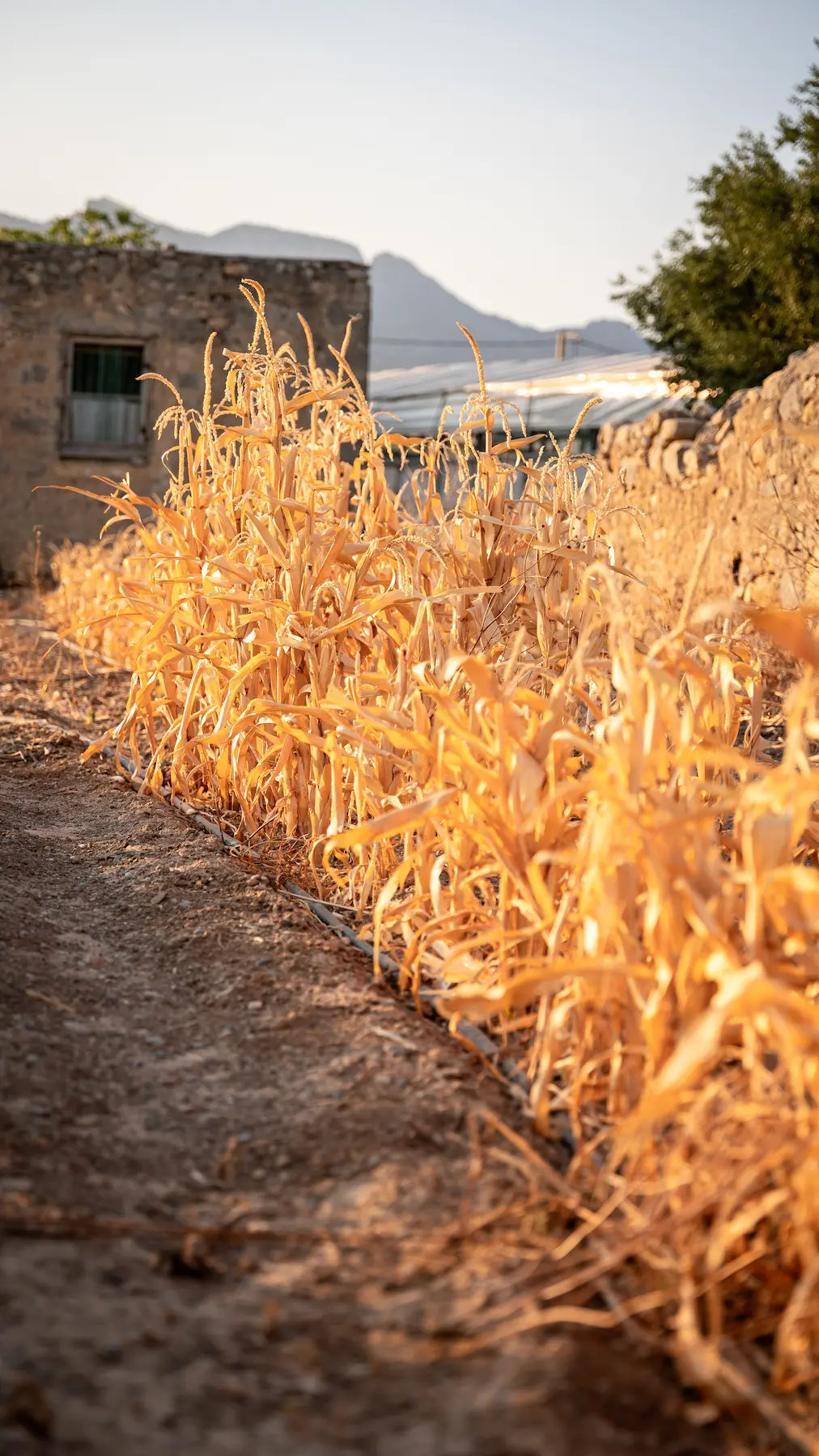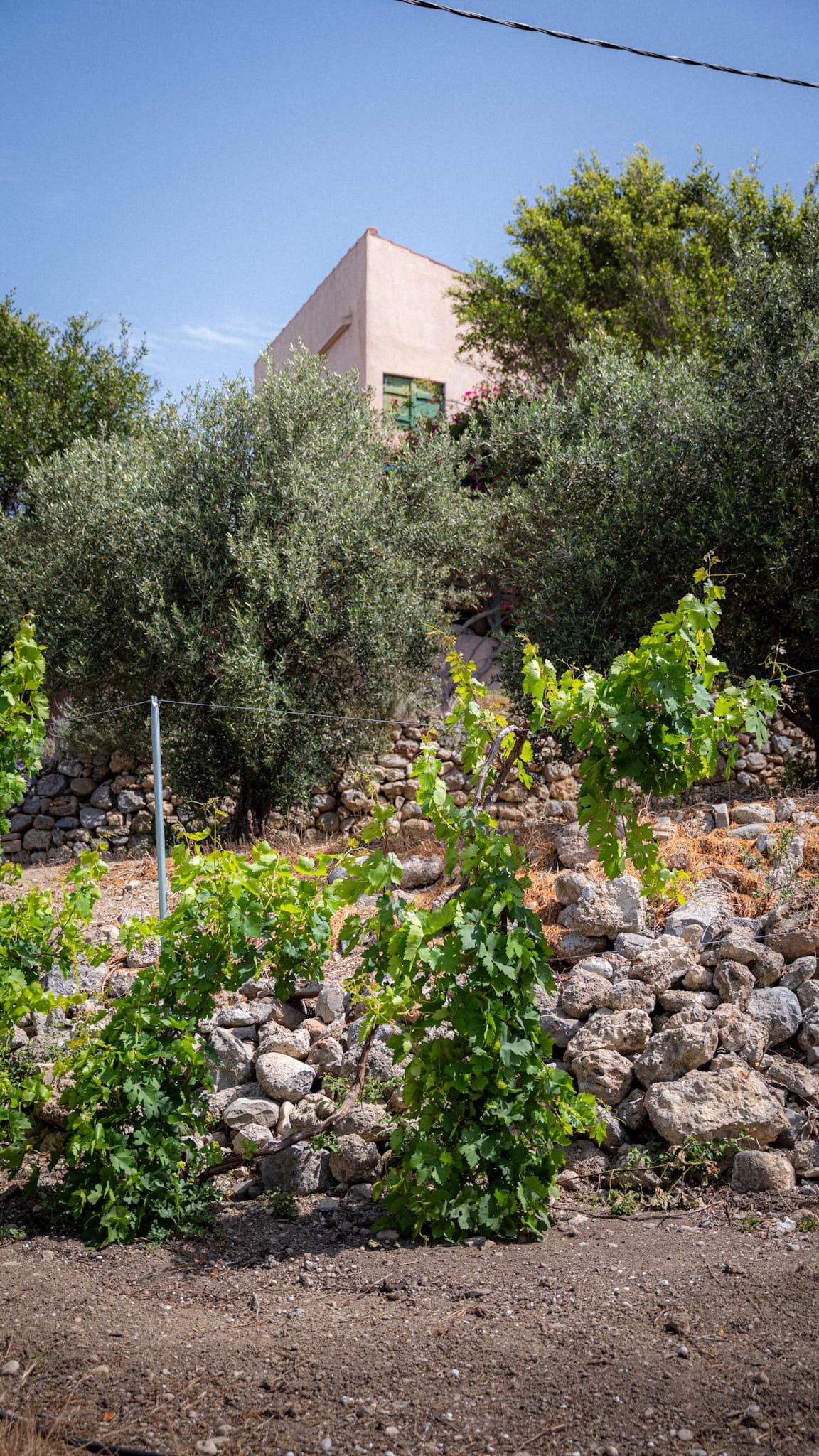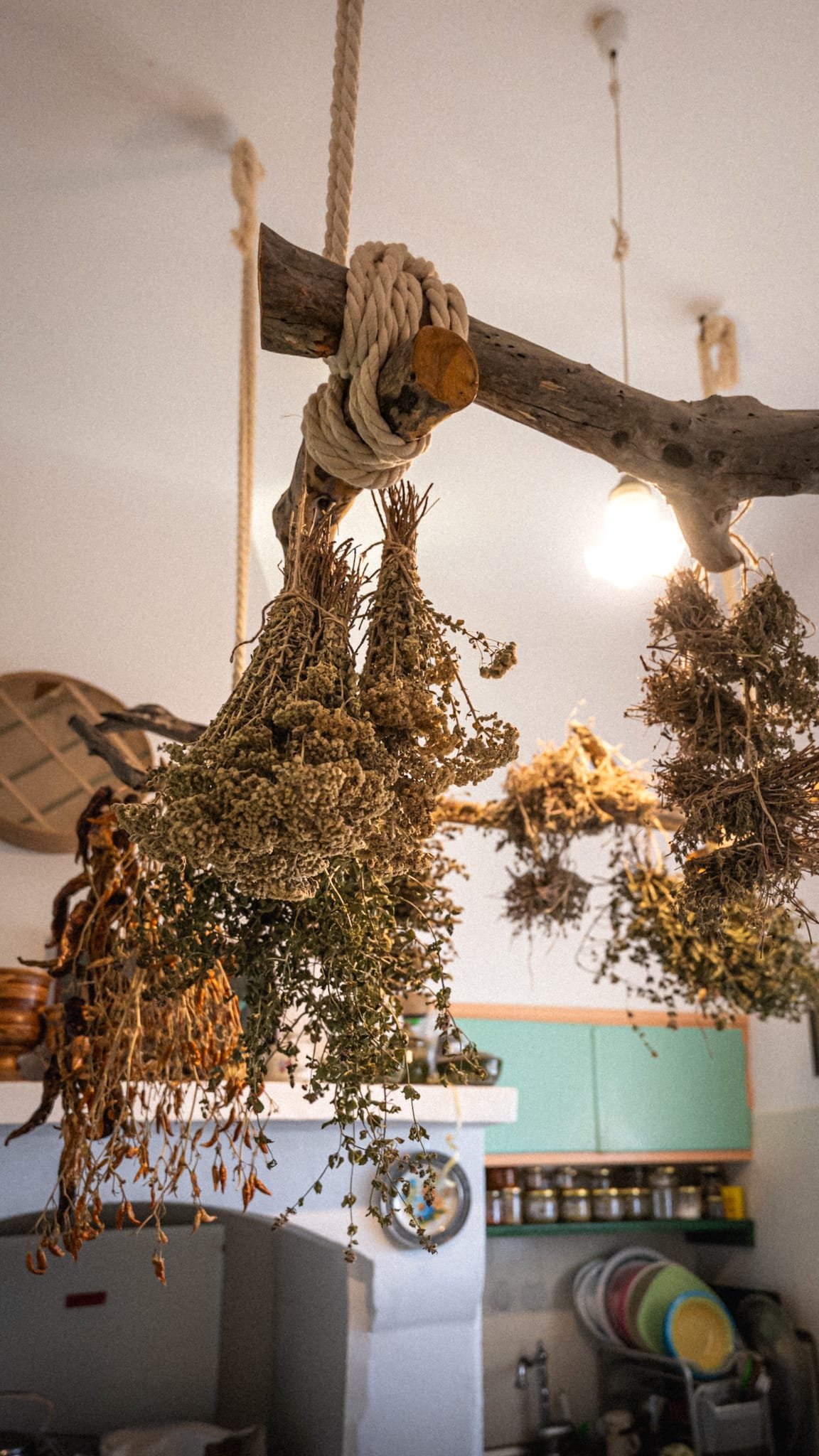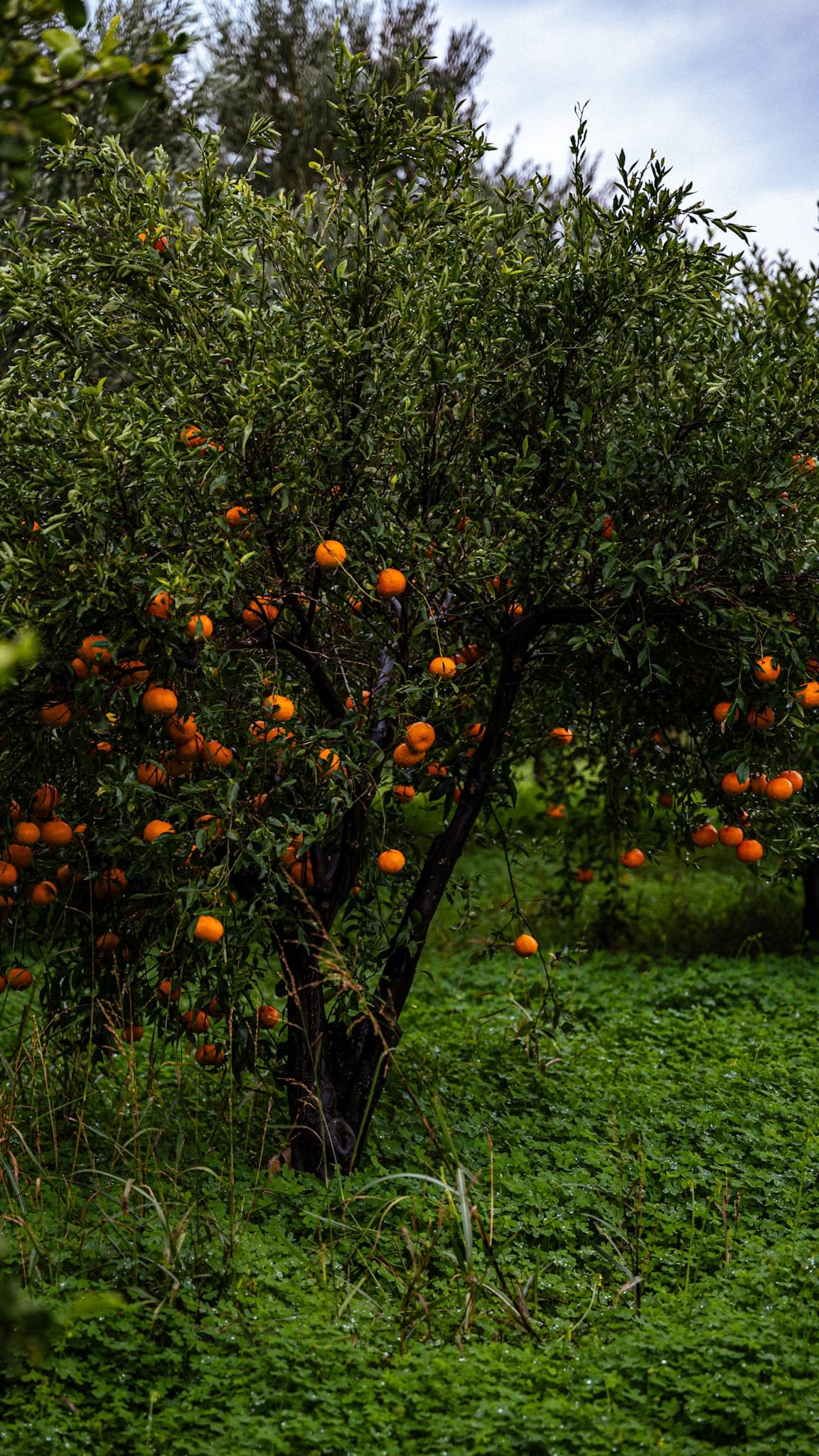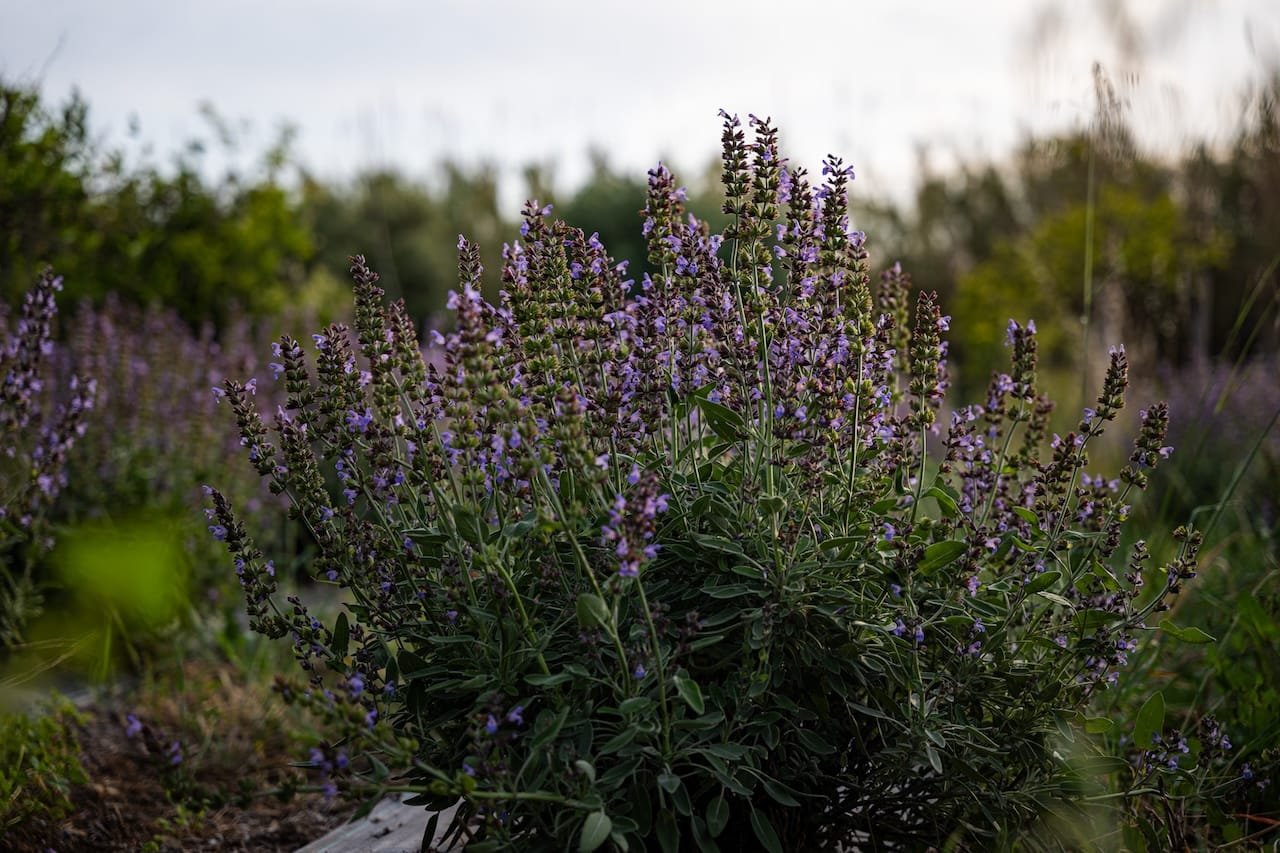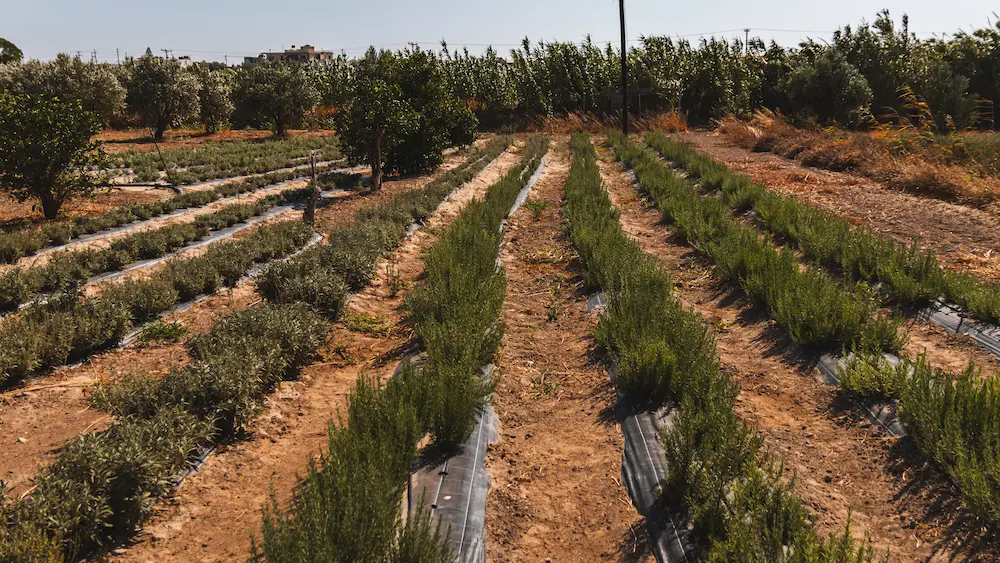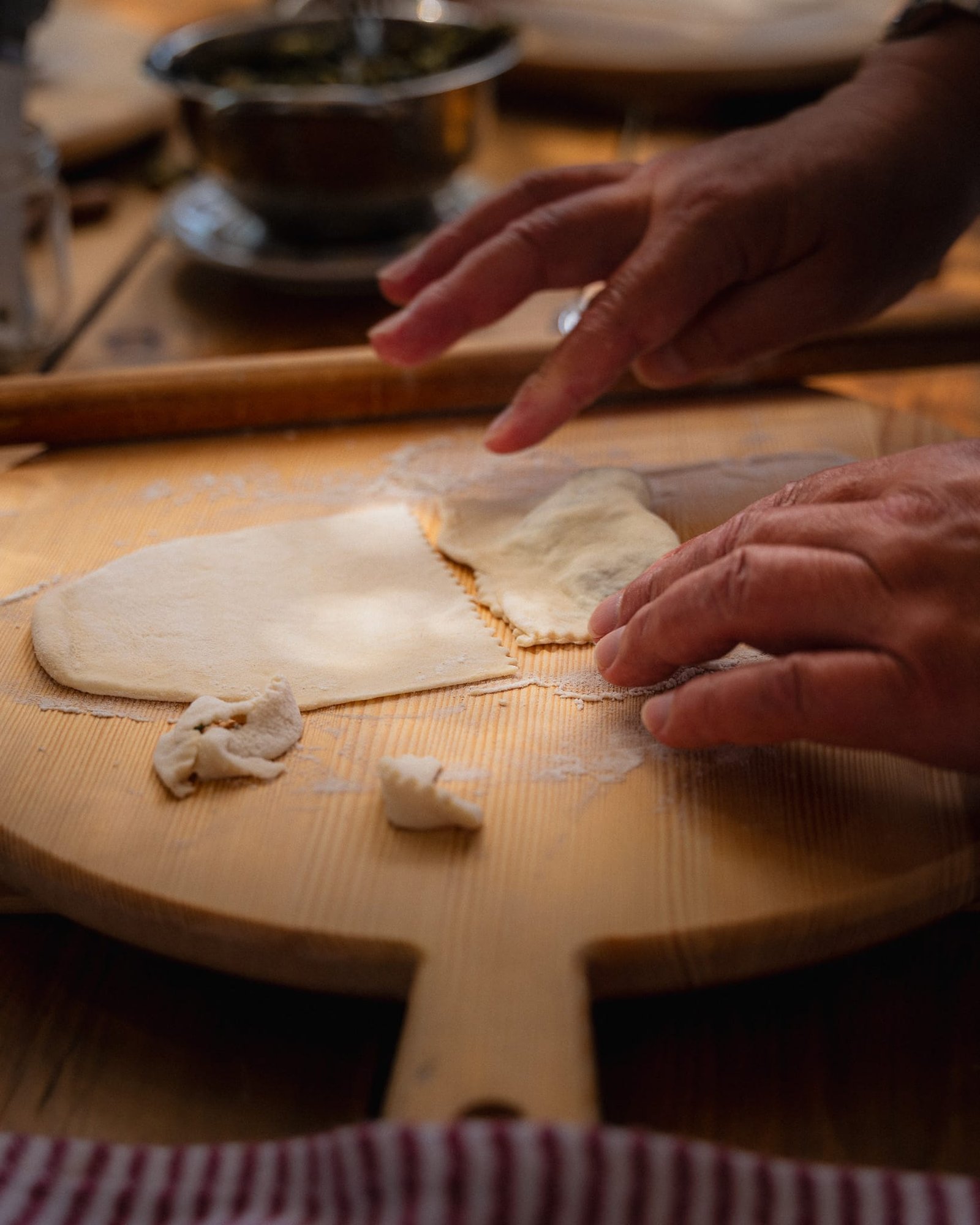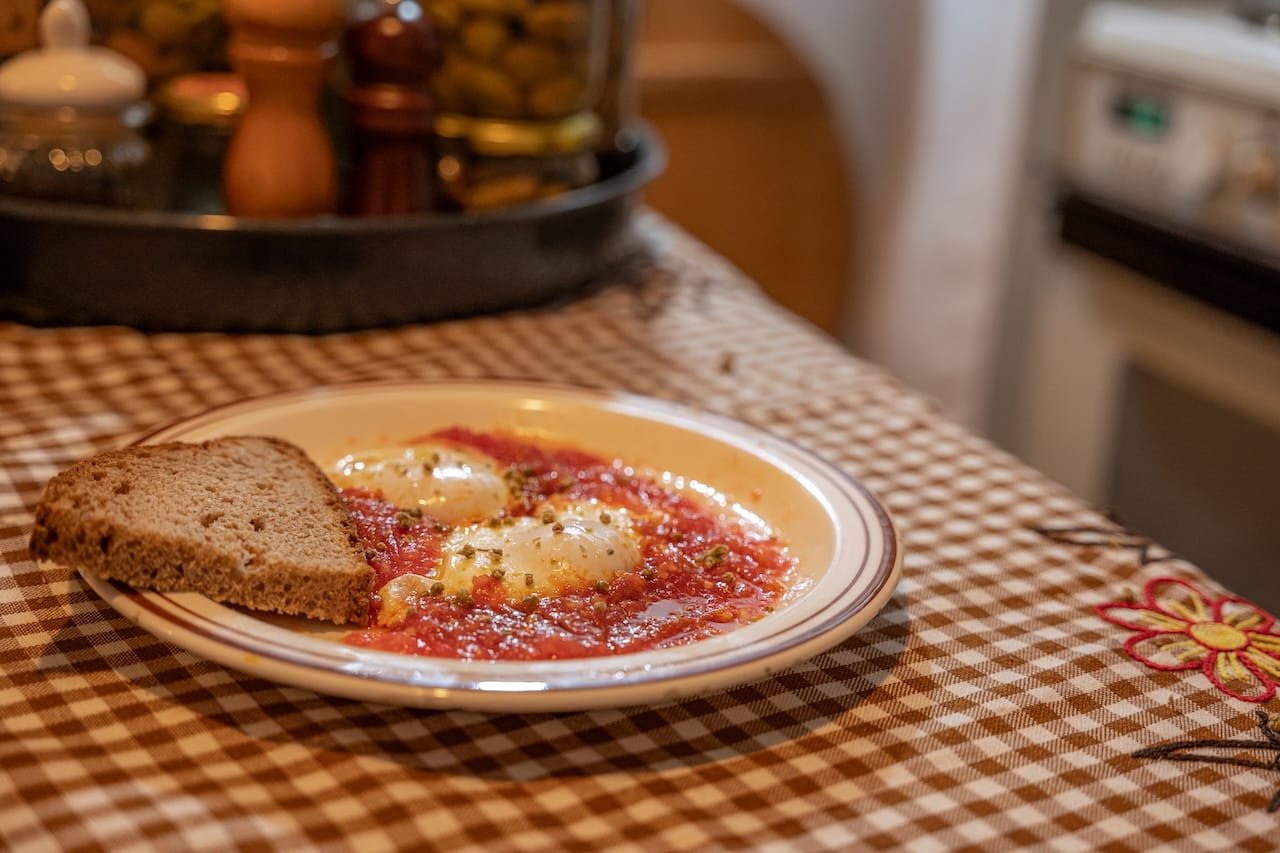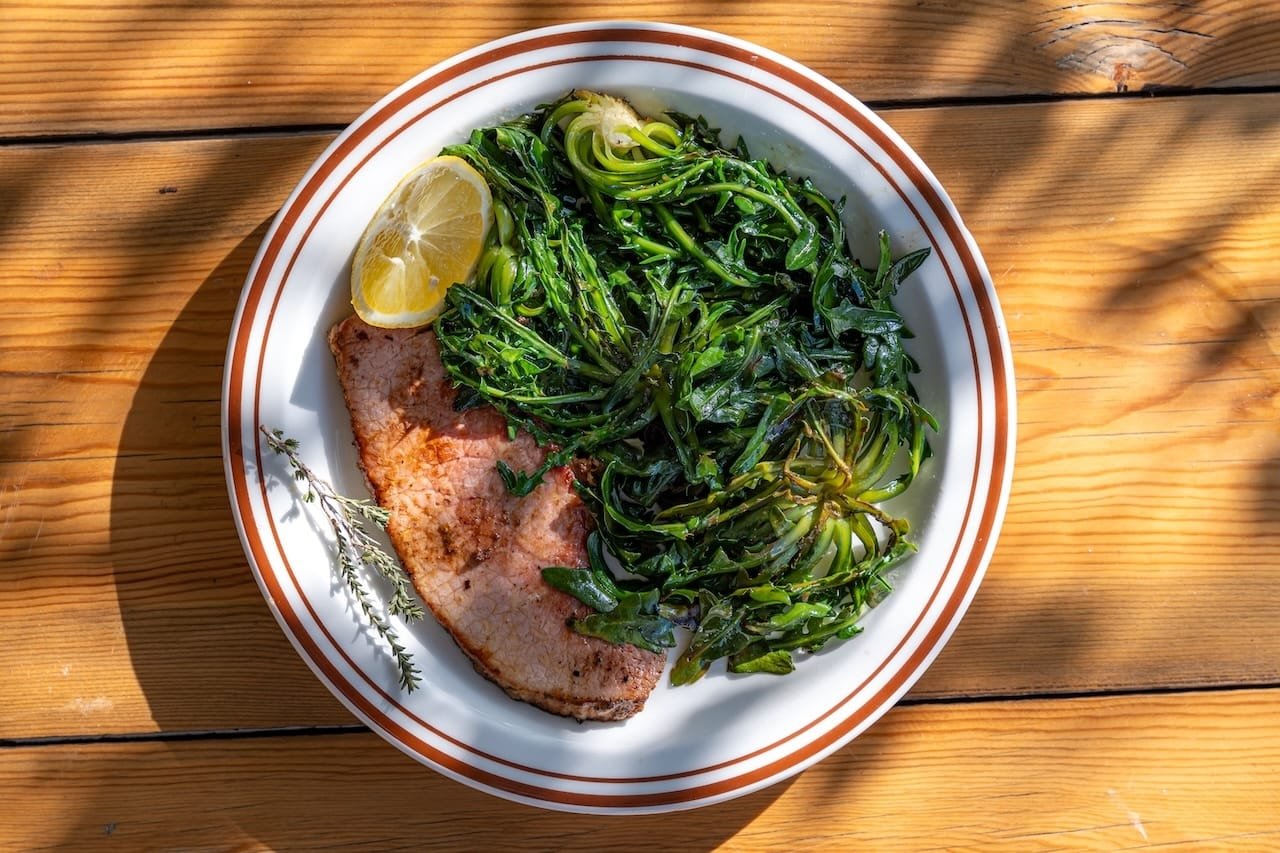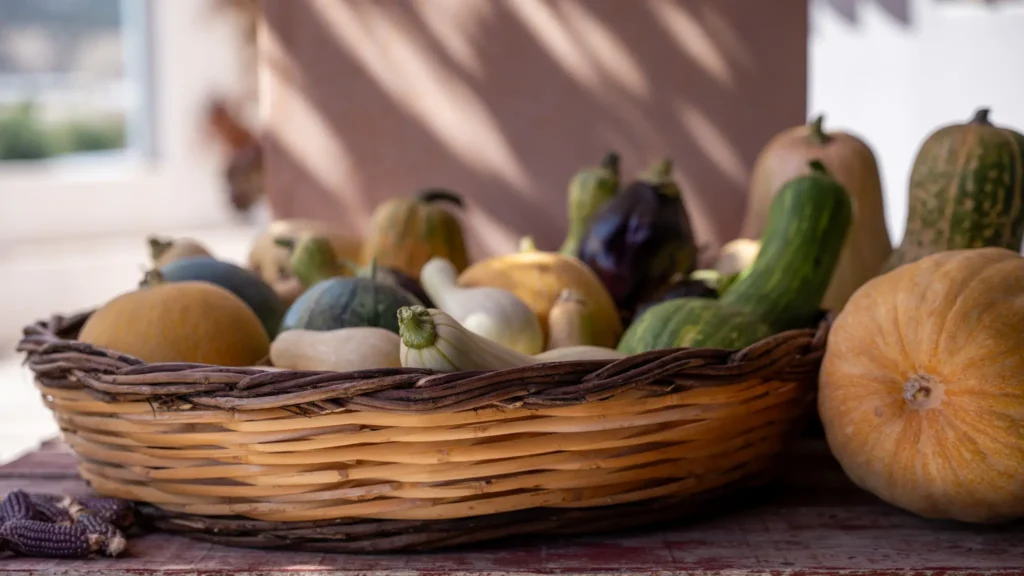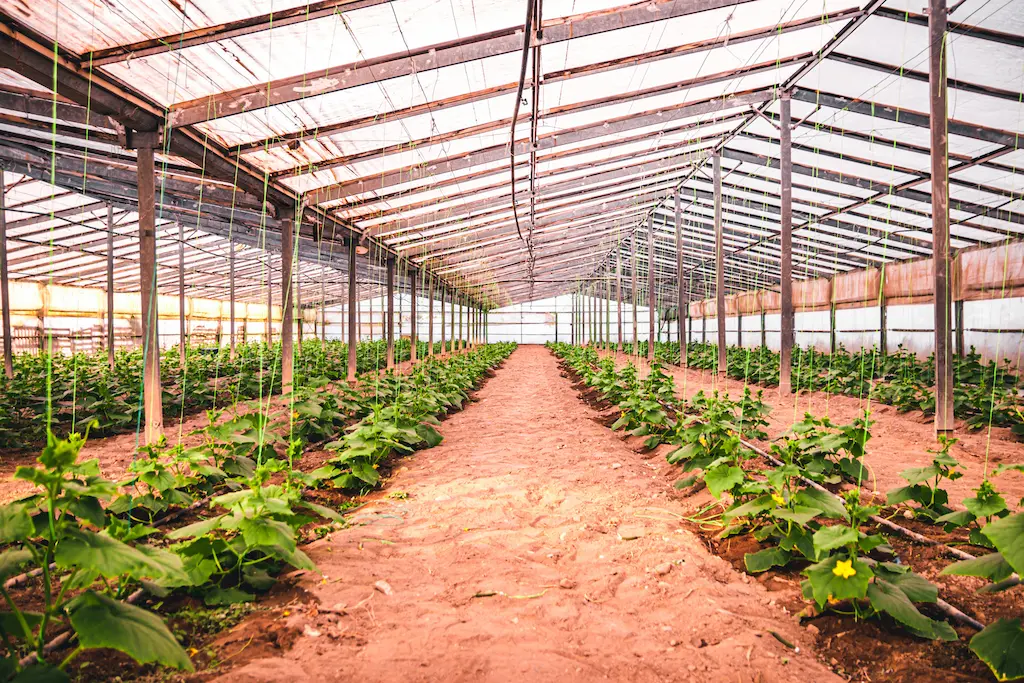In the heart of the Mediterranean, on the sun-drenched island of Crete, lies a treasure trove of culinary gold: olive oil. This “liquid gold,” as often referred to, is not just a staple in Cretan cuisine but also a beacon of the island’s rich heritage and agricultural prowess. The production of olive oil in Crete is a tradition that weaves through millennia, combining age-old techniques with modern practices to produce some of the world’s most sought-after olive oils.
Article List
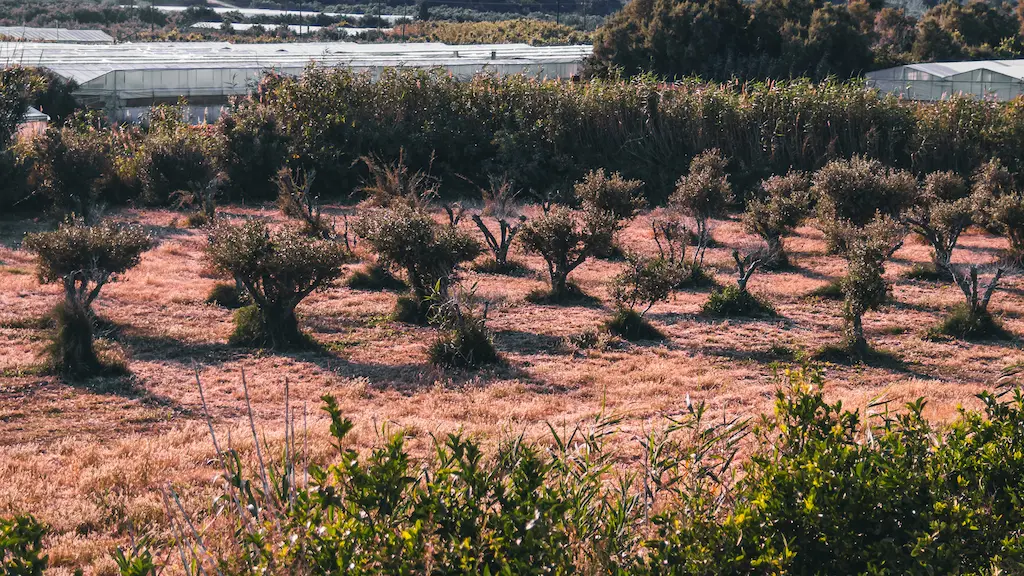
The Roots of Tradition
Olive cultivation in Crete dates back over 4,000 years, deeply embedded in the island’s history and culture. The Minoan civilization, one of Europe’s earliest, thrived here and left behind evidence of the central role olives played in their society. Today, the island’s landscape is dotted with millions of olive trees, some centuries old, testament to the enduring significance of this crop.
The traditional Cretan method of olive oil production begins with the hand-picking of olives. This labor-intensive process ensures that the fruit is harvested without damage, preserving its quality. The harvested olives are then swiftly taken to local mills, where they are cold-pressed; a method that maintains the olive oil’s nutritional value and rich flavor.
Embracing Modernity While Honoring Tradition
While traditional methods remain at the heart of olive oil production in Crete, modern technology has found its place, enhancing the efficiency and sustainability of the process. Many Cretan producers now use eco-friendly practices, such as organic farming and water conservation techniques, to minimize their environmental footprint. This blend of old and new encapsulates the spirit of Crete, where respect for heritage goes hand in hand with progress.
The Flavor Profile: A Symphony of Aromas
Cretan olive oil is renowned for its exceptional quality and distinctive taste. It is characterized by its golden-green color, fruity aroma, and slightly peppery finish. The island’s unique terroir, a combination of the Mediterranean climate, rich soil, and traditional cultivation practices, contributes to the olive oil’s unique flavor profile.
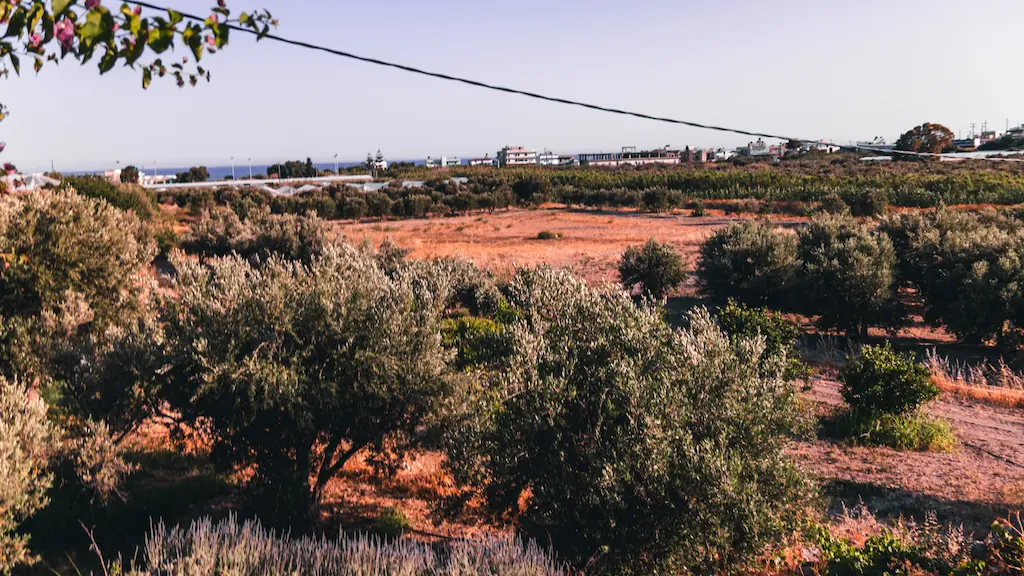
Health Benefits: The Elixir of Life
Beyond its culinary use, Cretan olive oil is celebrated for its health benefits. Rich in antioxidants, monounsaturated fats, and anti-inflammatory compounds, it embodies the essence of the Mediterranean diet, known for promoting longevity and reducing the risk of chronic diseases.
A Pillar of Local Economy and Culture
Olive oil production is more than just an agricultural activity in Crete; it’s a lifeline for many local communities and a source of pride. The olive oil industry supports the island’s economy, from small family-run groves to larger cooperatives. Additionally, it plays a pivotal role in maintaining the social fabric, as families and communities come together during the harvest season, continuing a tradition that has been passed down through generations.
Conclusion
The production of olive oil in Crete is a testament to the island’s resilience, ingenuity, and dedication to preserving a rich cultural heritage. As you drizzle this golden elixir over your food, remember it’s not just an ingredient but a story of a land where history, tradition, and nature blend harmoniously. In every drop of Cretan olive oil lies the essence of Crete, making it a truly remarkable ambassador of the island’s legacy.

Aspras Terra Agriculture Experience, Ierapetra Crete Greece, follow us on Instagram or Facebook to learn more about our activities and upcoming events!

